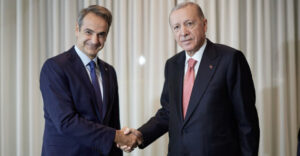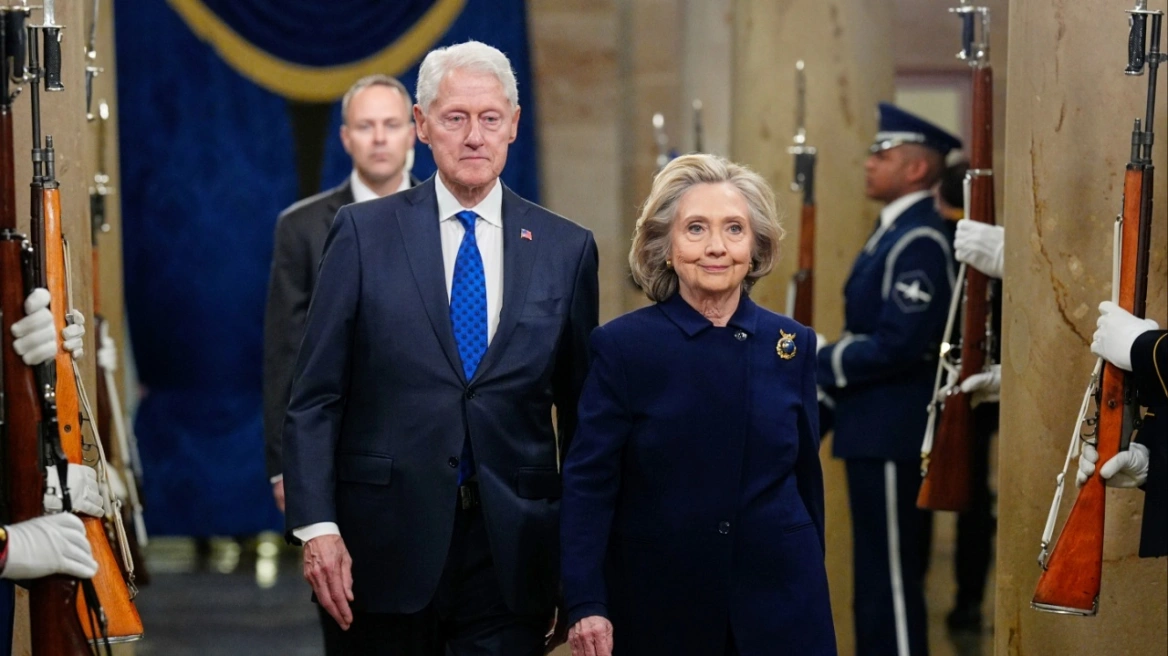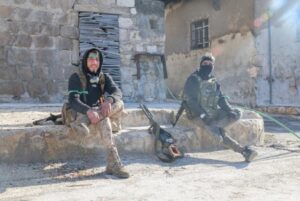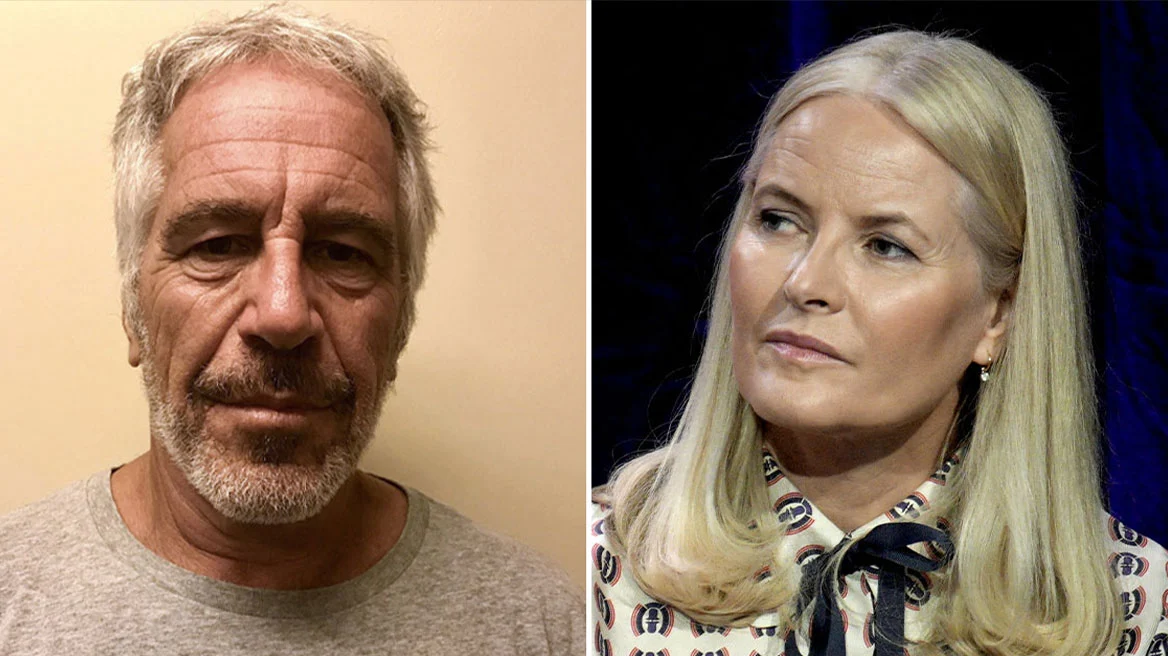The smiles at the start of the Mitsotakis-Erdoğan meeting may have been a little…icy, but the mood during the conference was good. While the time may have been limited, it was enough to launch some immediate pending issues, such as the identification of the next Greek-Turkish Council, but also the reminder of the need to upgrade cooperation on immigration.
The migration issue, moreover, is “burning” the government, as the flows are increased in several places, especially in the southern Aegean and Crete, as the Turkish military police are demonstrating a more… relaxed approach in some parts of the coast.
Kyriakos Mitsotakis emphasized to Recep Tayyip Erdogan the importance of deepening Greek-Turkish cooperation to effectively curb migration flows. Currently, a “red phone” line exists between the Turkish Coast Guard and the Greek Coast Guard, facilitating direct communication. Turkish Interior Minister Ali Yerlikaya and Greek Maritime Minister Christos Stylianides have also held multiple discussions and meetings.
To further improve cooperation, a postponed meeting between Greek Defense Minister Nikos Panagiotopoulos and Turkish Interior Minister Ali Yerlikaya is expected to take place in the near future, possibly in October.
Of course, a critical issue is also Turkey starting to accept migrant returns provided for under the 2016 Joint Statement. On the evidence so far, however, the Turkish commitment behind the scenes to even greater stemming of the flows seems stronger. “We want the boats to stop before they hit the water. Of course, cooperation with the Turkish authorities is important, we have made progress in the last year to have better communication channels. We don’t want to leave it to the smugglers to decide who gets into Europe,” Mitsotakis stressed, speaking to CNN.
Maritime zones
In any case, the maritime zones debate looks as far away today as it did yesterday, before the Mitsotakis-Erdoğan meeting. The two leaders reaffirmed the instruction to the two foreign ministers, Giorgos Gerapetritis and Hakhan Fidan, who will meet in Athens in October or November, to plan the next steps in the political dialogue. The political and substantive environment, however, does not seem conducive.
Of course, in the aftermath of the meeting, of interest is the statement by a senior government source that “holding” is the point about the delimitation of maritime jurisdictions based on international law. Of course, Erdogan’s positioning in an international forum remains to be proven in practice.
There is a clear divergence between Greece and Turkey on the Cyprus issue. Kyriakos Mitsotakis firmly emphasized the need to resume discussions based on a bizonal, bicommunal federation. He proposed starting with a new trilateral meeting involving the President of Cyprus, the “pseudo-prime minister” Ersin Tatar, and the UN Secretary-General.
However, Recep Tayyip Erdogan did not commit to supporting this approach. In fact, prior to the meeting, Erdogan reiterated his call for the international community to recognize the Pseudo-state, maintaining his position in favor of a two-state solution for Cyprus.
Meeting in Ankara
Either way, Greece and Turkey will continue on a more “predictable” trajectory for the coming months, with the Supreme Cooperation Council taking place in Ankara in January, a year after the resumption of meetings in Athens. The exact composition, as well as the agreements to be signed, will be determined at the meeting between Gerapetritis and Fidan, who will be tasked with preparing the “substance” of the meeting. Likewise, Gerapetritis and Fidan will also determine the next steps of the political dialogue and the positive agenda, given the recent change of the Deputy Foreign Ministers who are the interlocutors of the two Greek Deputy Foreign Ministers Alexandra Papadopoulou and Kostas Fragogiannis.
Ask me anything
Explore related questions





